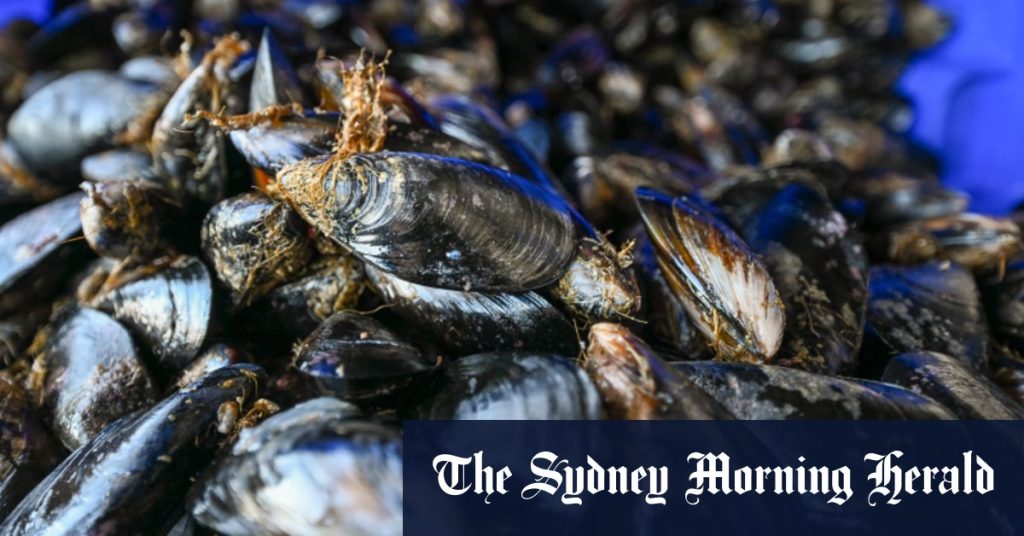Harris, a boutique mussel grower in Victoria, produces less than 50 tonnes of mussels annually and sells them directly to restaurants and consumers. He is advocating for the Victorian Fisheries Authority to ensure that unused water leased for aquaculture goes to growers who are committed to using it. Describing mussels as a superfood that is healthy to eat and environmentally friendly to grow, Harris believes there is much room for growth in Victoria’s mussel industry, despite its small size compared to international standards.
Mussel farmers in Victoria grow their crops on ropes in the water, with larvae known as spat being spawned in hatcheries before being deployed to the sea. The Victorian Shellfish Hatchery in Queenscliff provides much of the spat for mussel farmers in the state. Figures from the Victorian Fisheries Authority show that the state’s mussel industry produced about 1900 tonnes with a value of $6.4 million in 2023, a significant increase from 1000 tonnes and $3 million in 2007. Mussels from Portarlington are highly regarded, and there is potential for the industry to expand by moving into value-adding processes such as canning, smoking, and freezing on half-shells.
There are more than 2480 hectares of area reserved for aquaculture in Victoria, with most located in Port Phillip Bay and some in Western Port and on land. However, some of this area is still not being used for aquaculture. The Victorian Fisheries Authority plans to release 330 hectares of vacant water within aquaculture reserves for tender in the coming months, and is also working with operators who are not utilizing leased water to free up those sites for active farming. The authority expects the mussel industry to grow between 10 and 20 percent in the coming years, with interest also in seaweed and angasi oyster farming in the reserves.
Aquaculture manager David Kramer confirmed that the government has made an election commitment to grow aquaculture and jobs in the industry, and is working to support its growth. He emphasized the sustainability of mussel production, noting that mussels help filter the water and do not require artificial feed. Melbourne University honorary fellow John Ford, who specializes in sustainable seafood, highlighted the benefits of mussel farming for the environment, as it requires little physical infrastructure that can be easily removed. Overall, mussel farming is seen as a win-win situation for everyone involved, including the marine environment.


